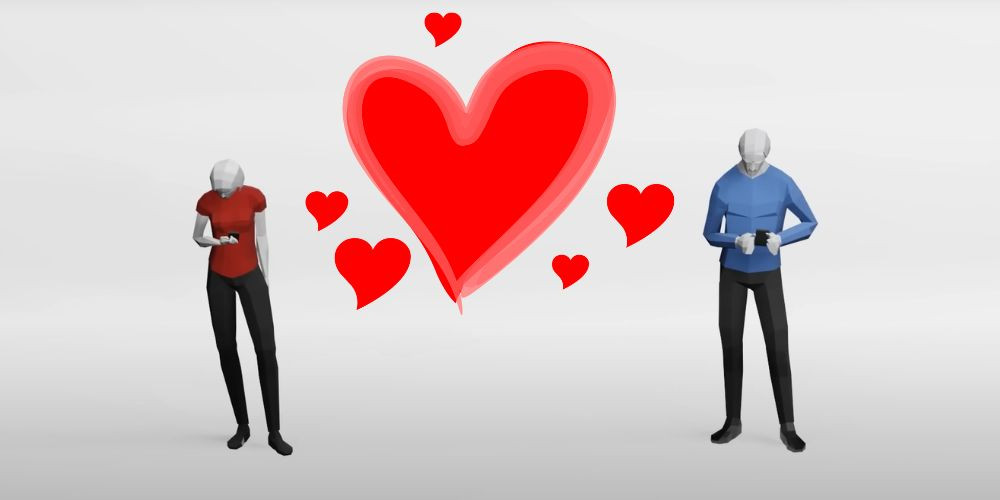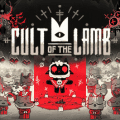The Dating Game Changer: Match Group Banks on Hinge as Tinder's Attraction Fades

The digital dating arena is witnessing a significant shift as Match Group, the behemoth behind popular dating apps Tinder and Hinge, grapples with changing user preferences. Tinder, once the go-to app for singles around the globe, has experienced a decline in its paying user base for six consecutive quarters. Meanwhile, Hinge, known for its relationship-oriented approach, is on a strong upward trajectory, boasting a 31% increase in paying users year over year. This contrasting performance signals a pivotal moment for Match Group as it reassesses its portfolio strategy in the ever-evolving landscape of online dating.
Tinder's struggle to retain its paying users has not gone unnoticed. With a 9% drop in its subscriber count, amounting to 10 million paying users, the app faces challenges in appealing to the shifting preferences of its user base. The decline is attributed to the growing trend among younger audiences who favor long-term relationships over casual encounters — an area where Hinge has carved out a significant niche for itself. Hinge's remarkable growth, with 1.4 million paying users, underscores its successful alignment with consumer desires for deeper, more meaningful connections.
CEO Bernard Kim's announcement of Hinge being on the path to becoming a "$1 billion revenue business" underscores the app's meteoric rise and the potential it holds for Match Group's future. Despite Tinder's waning popularity, Hinge's direct revenue spiked to $124 million in Q1, indicating a robust 50% jump year over year. This stark difference in performance highlights a seismic shift in user preferences and the market's response to the varied offerings of dating apps.
Tinder's attempts to revitalize its user experience and revenue streams, such as introducing new safety features and experimenting with pricing structures, reflect a concerted effort to adapt to changing market dynamics. However, the focus on à la carte features and attempts to squeeze more revenue from a diminishing user base underlines the challenges Tinder faces. The introduction of high-priced plans contrasts starkly with Hinge's streamlined, user-centric approach, which offers fewer à la carte options but fosters a deeper user engagement.
The contrasting fortunes of Tinder and Hinge within the Match Group portfolio set the stage for strategic realignment. As Tinder grapples with maintaining its appeal, Hinge's ascent offers valuable insights into evolving consumer expectations in the digital dating ecosystem. The potential shift in strategy towards nurturing Hinge's growth while reinventing Tinder could herald a new era for Match Group as it seeks to harmonize with the changing contours of online connection and companionship.
Latest posts
See more-
![The Last of Us Part II: In-Depth Character Analysis and Storyline Exploration]() Editor’s Choice
2024-08-11
The Last of Us Part II: In-Depth Character Analysis and Storyline Exploration
The Last of Us Part II is an action-adventure video game that has gained significant popularity since its inception. Developed with immense creative prowess by...
Editor’s Choice
2024-08-11
The Last of Us Part II: In-Depth Character Analysis and Storyline Exploration
The Last of Us Part II is an action-adventure video game that has gained significant popularity since its inception. Developed with immense creative prowess by...
-
![CrossCode Developer Announces Alabaster Dawn, Enters Early Access in Late 2025]() News
2024-08-12
CrossCode Developer Announces Alabaster Dawn, Enters Early Access in Late 2025
In 2021, Radical Fish Games initially introduced a new action RPG titled Project Terra. Now, they have officially named it Alabaster Dawn and announced that...
News
2024-08-12
CrossCode Developer Announces Alabaster Dawn, Enters Early Access in Late 2025
In 2021, Radical Fish Games initially introduced a new action RPG titled Project Terra. Now, they have officially named it Alabaster Dawn and announced that...
-
![Alabaster Dawn Planned to Have 30-60 Hours of Playtime, Demo Launching in Early 2025]() News
2024-08-13
Alabaster Dawn Planned to Have 30-60 Hours of Playtime, Demo Launching in Early 2025
Radical Fish Games has made an exciting announcement regarding their upcoming action RPG, Alabaster Dawn, which is set to enter early access in 2025. In...
News
2024-08-13
Alabaster Dawn Planned to Have 30-60 Hours of Playtime, Demo Launching in Early 2025
Radical Fish Games has made an exciting announcement regarding their upcoming action RPG, Alabaster Dawn, which is set to enter early access in 2025. In...
Latest Reviews
See more-
![]() Action
Cult of the Lamb
Action
Cult of the Lamb
-
![]() Action
WILD HEARTS™
Action
WILD HEARTS™
-
![]() Casual
Gacha Club
Casual
Gacha Club
-
![]() Action
Call of Duty®: Warzone™ 2.0
Action
Call of Duty®: Warzone™ 2.0
-
![]() Action
Gacha Cute
Action
Gacha Cute
-
![]() Action
Cuphead - The Delicious Last Course
Action
Cuphead - The Delicious Last Course










